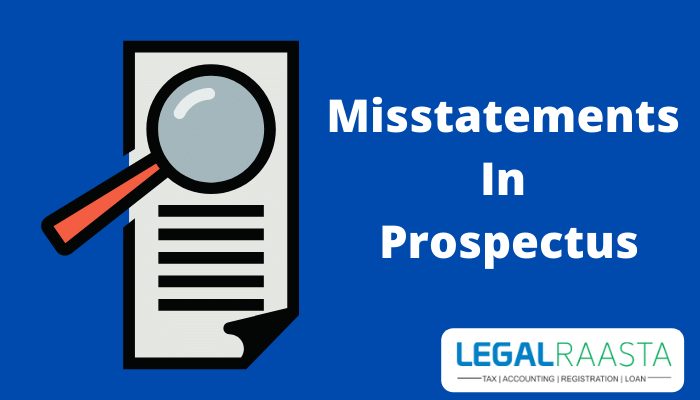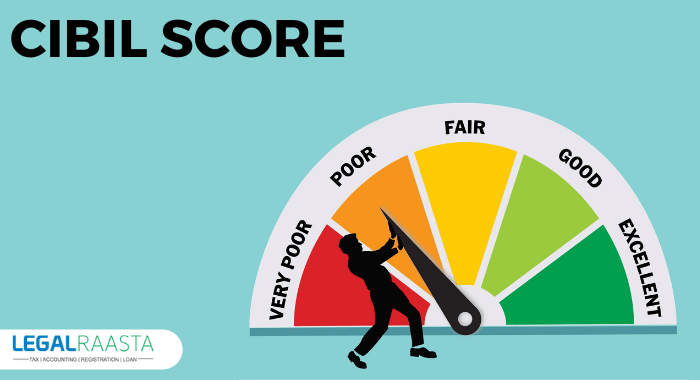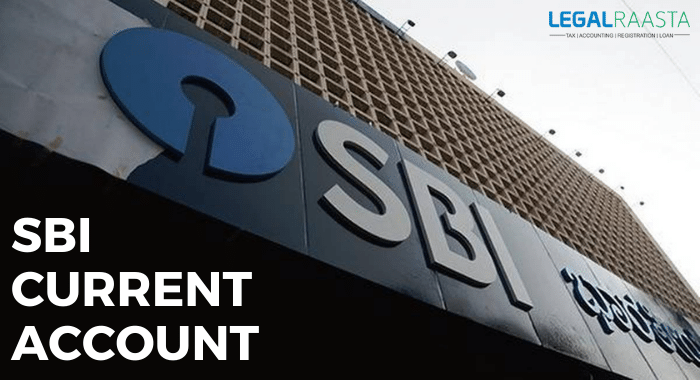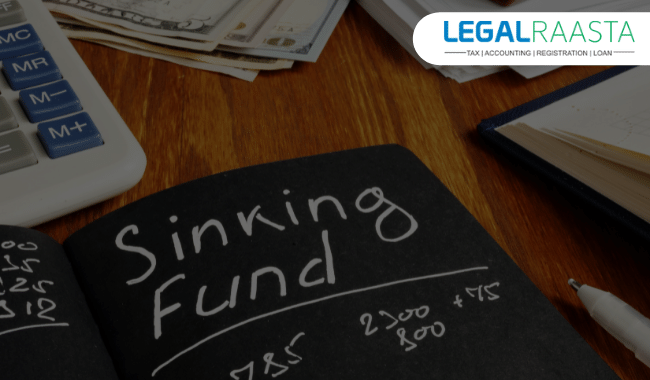Misstatement in Prospectus
A prospectus is a vital part of any business. In general, consumers search for a firm’s prospectus to determine whether or not they should invest in that company. It’s crucial that the things described in the prospectus are genuine. Companies create prospectuses because they want customers to come in and buy the firm’s debentures or credit money through the company. The contents of the prospectus must be accurate. If there are any misstatements in prospectus , and the public acts on that information, the firm may face civil or criminal liability.
Meaning of Prospectus
The Companies Act of 2013, Section 2(70), defines “prospectus” as “any document characterised or distributed as a prospectus, including notices, circulars, and documents, as well as ads presenting an invitation to purchase or subscribe stocks.” Simply said, a prospectus is a document that invites public deposits or offers for the subscription of shares or debentures. A prospectus is also a document that offers the sale of a company’s shares by its members. The Securities and Exchange Board of India (SEBI), in cooperation with the Central Government, must include information and reports on financial facts in the prospectus. A prospectus is an important document that can be used to determine the validity of a company’s scheme. It is the responsibility of the corporation to verify if the contents of the prospectus are accurate.
Types of Prospectus
There are several types of prospectuses:
1. Shelf Prospectus
A shelf prospectus is a prospectus provided by any funding organisation or bank for one or more issues of securities or classes of securities mentioned in the prospectus. A corporation that has already filed a shelf prospectus with the registrar does not need to file a new prospectus at each stage of the offering of securities within a reasonable time after the validity of that prospectus has expired.
2. Deemed Prospectus
Deemed Prospectus is defined in Section 64 of the Companies Act. It’s a provision that prevents the issuance of a prospectus. Making and filing a prospectus is a complex operation, and the prospectus’ criteria are stringent; as a result, a corporation can bypass this by paying the entire amount to an intermediary known as an issuing house. The shares are then given to the public via an announcement by the issuing house.
3. Information Memorandum and Red Herring Prospectus
A Red Herring Prospectus is a type of prospectus that lacks complete details on the price of the securities offered and the quantity of securities offered, whereas an Information Memorandum is a process undertaken prior to the filing of a prospectus in which a demand for securities intended to be issued by a company is elicited and the terms for the issue and the price of such securities are examined through notices, circulars, advertisements, or documents.
Misstatements in prospectus
A prospectus is a document that contains information that the public can use to subscribe to or purchase a company’s securities. If it contains any inaccuracies, it will have major ramifications. Any statement in the prospectus that is erroneous or misleading is referred to as misstatements in the prospectus. A misrepresentation is defined as the inclusion or omission of a fact that is likely to mislead the public. The prospectus shall be regarded a prospectus with an erroneous statement if a relevant matter has been omitted from the prospectus and such omission is likely to mislead the public.
There have been instances when representation for future events has been called into question. A mere remark that something will be done or happen in the future is not a statement of fact that could lead to liability for misrepresentation. A misstatement of an existing fact is required to activate it. If a representation was true only at the time of prospectus issuance and not at the time of allotment, it would trigger liability. A statement in a prospectus about the persons who would be directors is a significant statement, and if it is false, a person who subscribed on the basis of it is prima facie entitled to cancel their subscription.
Liabilities for Misstatements in Prospectus
Liabilities for prospectus misstatements can be classified under the following headings:
-
Civil Liability
-
Criminal Liability
1. Civil Liability in case of misstatements in prospectus
If a person who has subscribed for a company’s securities suffers any loss or harm as a result of any statement made in the prospectus, or any inclusion or omission of an item included in the prospectus that is deceptive, and acts on the content of the prospectus, then the company and everyone involved who:
- is a director of the company at the time of the prospectus’s issue,
- or is named in the prospectus as a director of the company or agreed to become one,
- or is a promoter of the company,
- or has authorized/allowed the prospectus’s issue, and is an expert who has been engaged or interested in the company’s formation, management, or promotion. Shall be liable to pay compensation to every person, without prejudice to any punishment to which any person may be liable, to every person who has suffered such loss or damage.
Exemption from Liability from misstatements in prospectus
No person shall be liable for misstatement if the person proves that-
- The person had withdrawn his permission prior to the prospectus’s release. If a person who had agreed to become a director of the firm withdraws his consent before to the prospectus’s release and claims that it was released without his permission.
- When the prospectus is distributed without a person’s consent or knowledge. When a prospectus is issued without a person’s knowledge or approval, and the person learns of it, he or she must give a reasonable public notice stating that the prospectus was issued without his consent.
Issuing a prospectus with the intent to defraud or for any other illegal purpose–
If it is proven that a prospectus was issued with the intent to defraud applicants for the company’s securities, or any other person for that matter, or for any other malicious purpose, each person mentioned in the preceding paragraph shall be personally liable for all or any of the damages suffered by any person who subscribed to the securities on the basis of such prospectus.
2. Criminal Liability in case of misstatements in prospectus
Criminal liability for misstatements in prospectuses is dealt with in Section 63 of the Companies Act.
Every person who authorises the issue, circulation, or distribution of a prospectus that contains any statement that is incorrect or misleading in any form in which it is contained, or where any inclusion or omission of any matter is likely to mislead, is responsible for fraud.
Sec. 447 defines “fraud” as any act, omission, or concealment of any fact with the aim to deceive, obtain an unfair advantage, or harm the company, its shareholders, creditors, or any other person. It is not required that such a conduct result in any unjust profit or loss. If a person abuses his or her position, that is also deemed fraud under this provision.
Punishment for misstatement in prospectus
If a person is found guilty of fraud, they will be sentenced to prison for a period of not less than six months but not more than ten years. He will also face a fine that will not be less than the amount involved in the fraud but could be up to three times the amount involved in the scam. If the fraud was perpetrated in the public interest, the sentence must be at least of three years .
Exemption from criminal responsibility
No one can be held criminally accountable if they can prove that-
- Such a statement or omission was irrelevant,
- or he had reasonable grounds to think, and did believe, until the prospectus was issued, that the statement was truthful and the omission or inclusion was required.
Conclusion
When creating a prospectus, extreme caution and discretion are required. Before it is released to the general public, the prospectus must be verified for any misstatements or anomalies. The Companies Act holds specific people liable and punishes them for any misstatements revealed in a company’s prospectus. Because the general public relies on the prospectus to make investment decisions, its integrity must be preserved.
Also read
The Companies (Prospectus and Allotment of Securities) Amendment Rules, 2018
MGT-14: Compliance, STP, Penalty and Download










